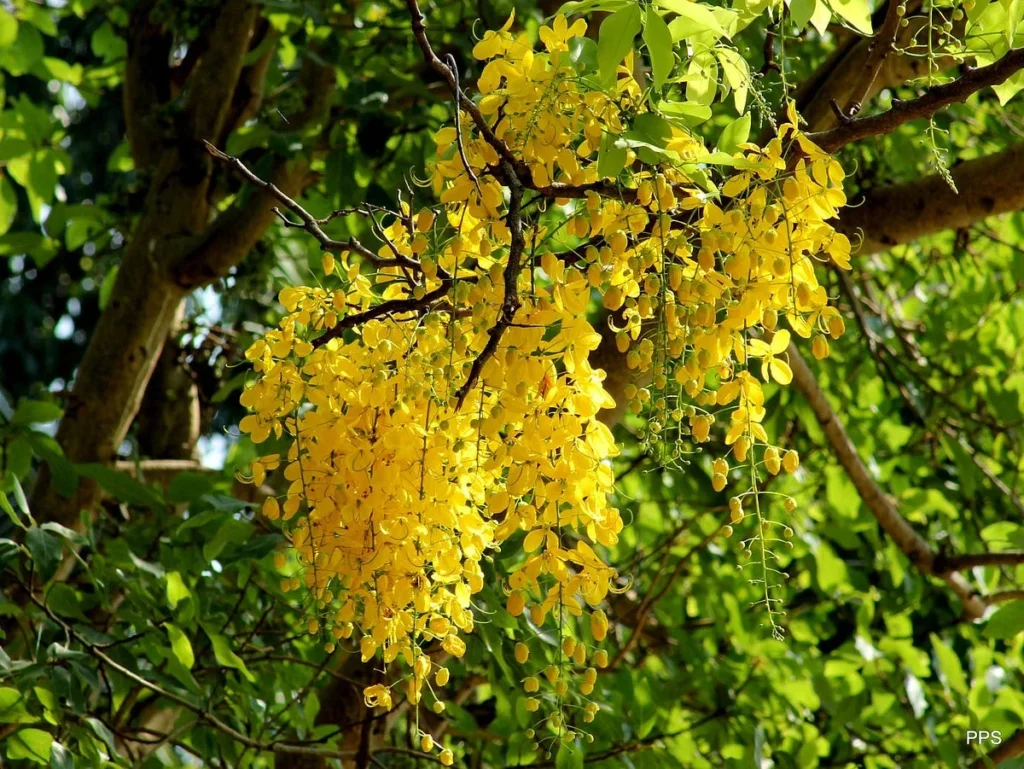Vishu: The Nature Freezes in Pure Harmony
By: Safreena
Vishu is not just another festival but a cosmic celebration, a time when nature, tradition, and science come together in awe-inspiring harmony. Kerala celebrates Vishu every year on April 14, signaling the start of the Malayalam month of Medam (മേടം 1). But do you know that this date also marks one of the most interesting solar events in Kerala?

The Vernal Equinox takes place when the Sun crosses the celestial equator; typically on March 21. But because Kerala is 10 degrees north of the equator, it is more mid-April when the Sun is directly overhead. That’s why Vishu falls on April 14, coinciding not only with tradition, but also with this potent astronomical shift.
As Vishu breaks, the Sun is shining nearly directly overhead in Kerala. This creates what is called a No Shadow Day, particularly evident in areas such as Kottayam and Alappuzha. At noon if you go outside, your shadow will not be there. It’s a beautiful reminder that the Earth is tilting, the seasons are changing, and summer has officially started in the northern hemisphere.
Vishu isn’t celebrated only with rituals; it’s a reflection of Kerala’s deep connection to the rhythms of nature. Farmers see it as a time of renewal, a moment that signals the start of harvest and the promise of new crops. Walk through the villages of Kerala, and you’ll see the golden shower tree (കണിക്കൊന്ന) in full bloom. This stunning bloom is no accident—it’s fueled by the hormonal shifts in plants brought about by the change of season. The declining Sun, which until quite recently dropped slightly south of west, now begins its gradual creep northward, making tiny changes to the sky every evening.
Throughout India, the same astronomical phenomenon is met with varying names and customs. In Tamil Nadu, it’s Puthandu, the Tamil New Year. In Bengal, the people of Bengal celebrate Poila Boishakh (পয়লা বৈশাখ), quite possibly amidst the dramatic Kalbaishakhi storms that sweep over the countryside. This solar moment is welcomed a long way beyond India as well. Japan, China, Indonesia, the Philippines, and Malaysia are countries that all have their traditional festivals associated with this change of season. Even the Gulf states feel nature’s cue through the arrival of frequent dust storms, an obvious signal of the transition from cooler months to blistering summer heat.
What makes Vishu so exceptional is that it is based both on science and spirit. It is a time when day and night remain practically equal in duration, which is a serene balance that speaks of the Earth revolving around the Sun. And this moment is not transitory. Towards the latter half of the year, on September 22, the Sun will again be in this balanced position during the Autumnal Equinox, which in Kerala comes to be known as Thuladi Vishuvam (തുലാദി വിഷുവം).
Vishu reminds us that we are all part of a great cosmic rhythm. It’s a time to look back, renew, and reconnect with the earth, the sky, and the gentle transitions that shape our lives.
